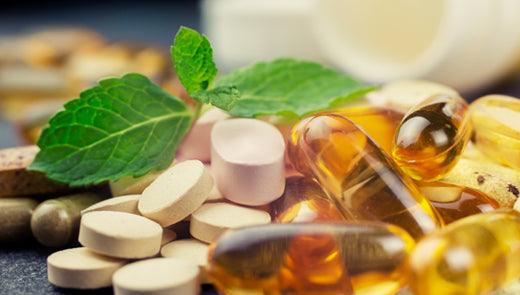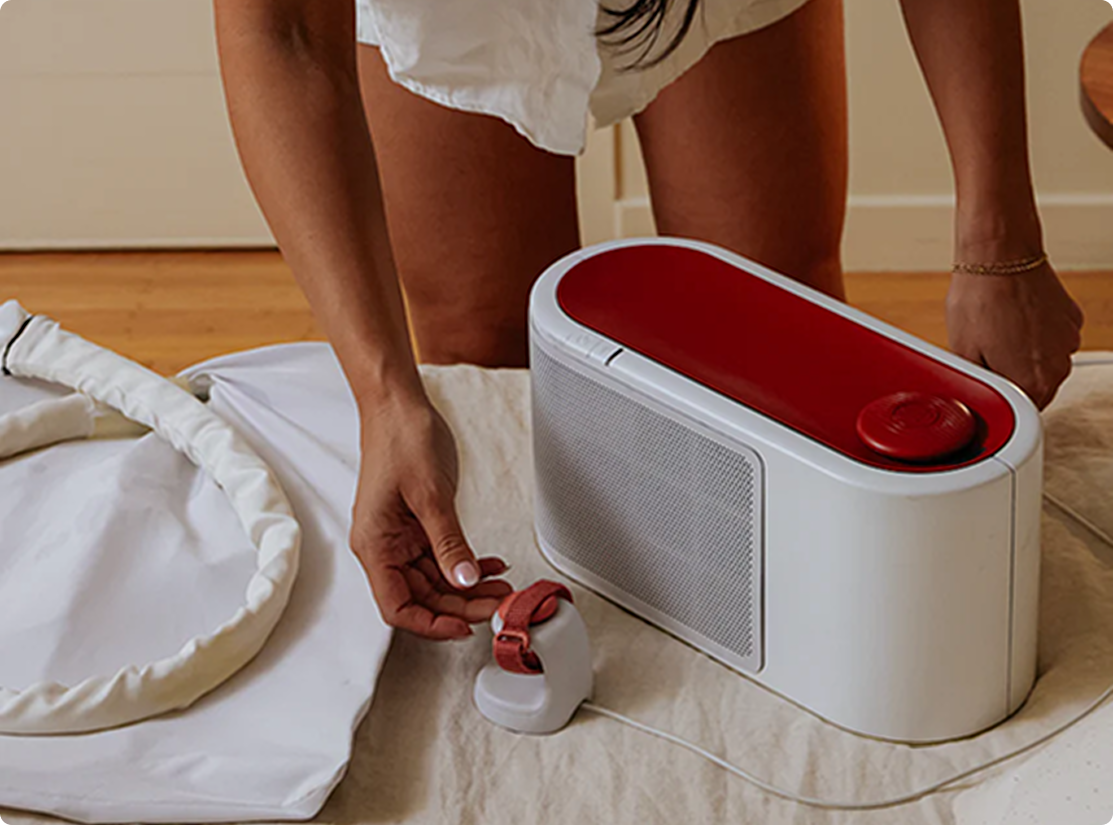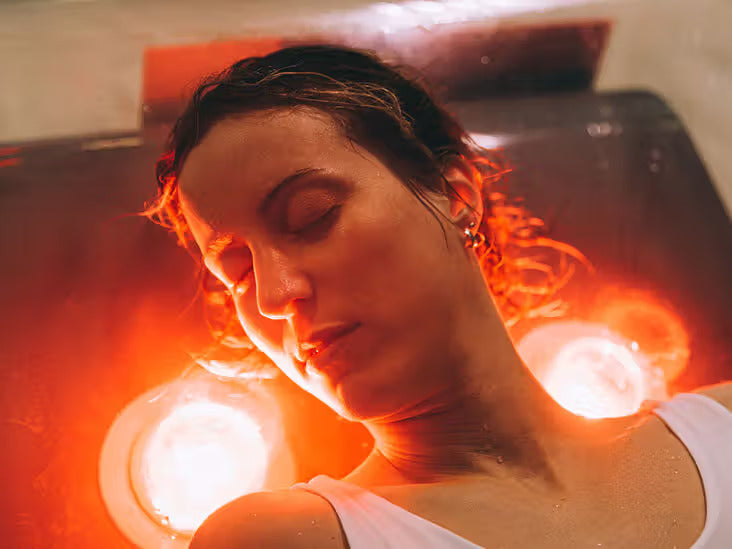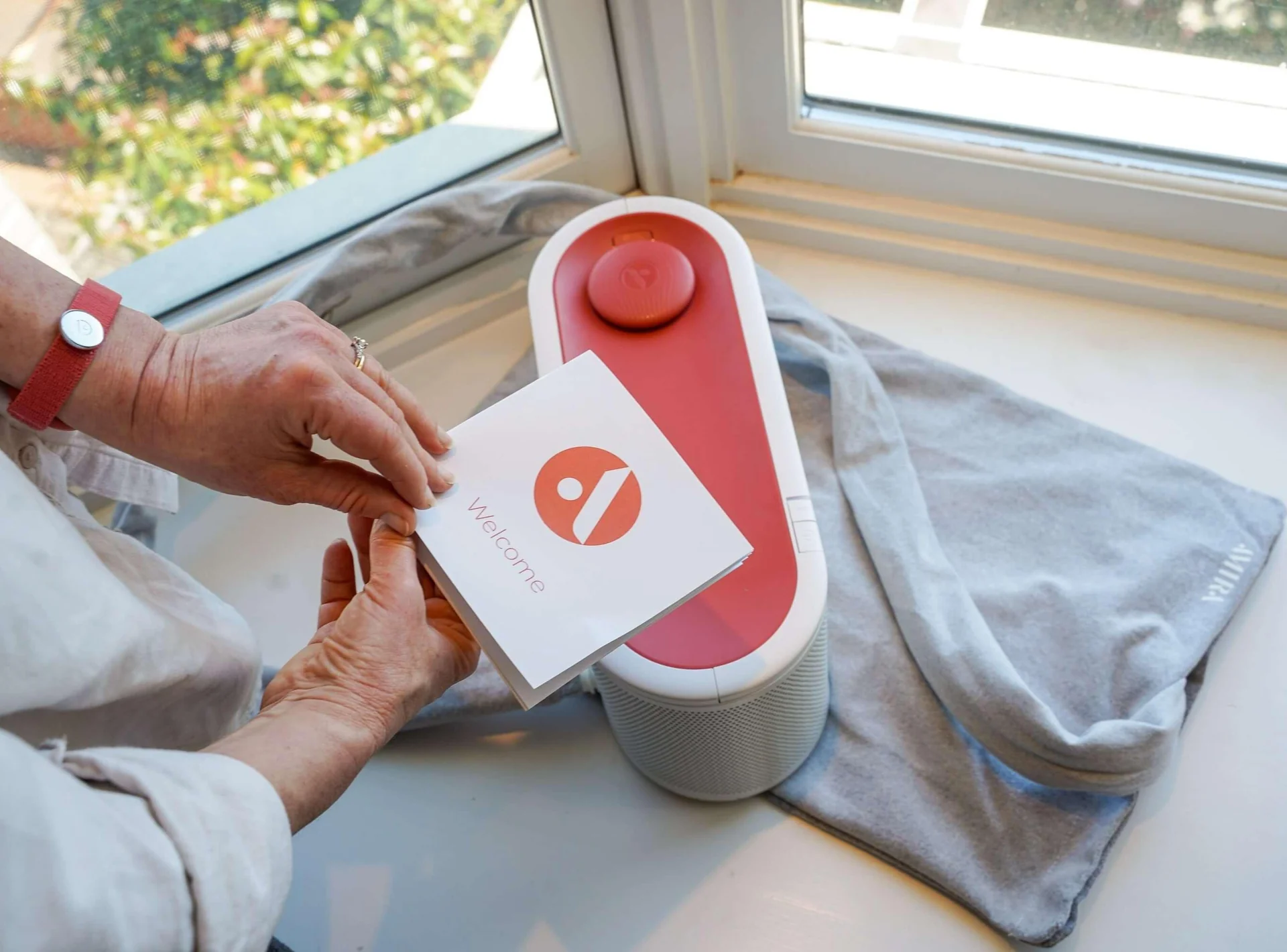
Menopause and Dietary Supplements
This article explores the role of dietary supplements, including herbal remedies and essential vitamins and minerals, in managing menopause symptoms. It reviews the scientific evidence behind popular supplements like black cohosh, soy, and flaxseed, and discusses their potential benefits and risks. The article also emphasizes the importance of consulting a healthcare professional before using any supplements.
- Written by: Corentin Hugot
Herbal Supplements for Menopause: What Does Science Say?
Herbs and foods like maca, soy, black cohosh, royal jelly, flaxseed, and red clover have shown potential in relieving menopause symptoms. In this article, we present the latest scientific findings on dietary supplements during menopause.
Black Cohosh
Most clinical trials to date have shown beneficial effects of black cohosh in relieving menopause symptoms. However, some studies were sponsored by manufacturers, which could pose a conflict of interest.
Potential Benefits
- Overall, these results are promising, particularly for reducing hot flashes and mood swings.
Precautions
- Contraindicated during pregnancy and breastfeeding.
- Not recommended for individuals with a history of breast cancer or a family predisposition to any type of cancer due to its high isoflavone content.
Soy
Menopause symptoms are often linked to decreased estrogen production. Soy is believed to help alleviate these symptoms due to its estrogen-like properties. However, the evidence is mixed.
Scientific Findings
- Some research suggests that phytoestrogens found in soy-based foods do not significantly improve hot flashes or other menopause symptoms.
- Reviews show minimal effects at best on hot flashes.
- Asian diets, which are rich in soy (40 mg to 80 mg of isoflavones per day compared to 2 mg to 3 mg in Western diets), are associated with fewer complaints related to menopause symptoms.
Precautions
- Due to its high phytoestrogen content, soy is not recommended for those with hormone-sensitive cancers.
Red Clover
The isoflavones in red clover work similarly to estrogen and may help relieve menopause symptoms.
Scientific Findings
- Studies have shown that red clover can be more effective than a placebo in reducing hot flashes.
- However, more research is needed.
Precautions
- Not safe for women with breast cancer or other hormone-sensitive cancers due to its isoflavone content.
Dong Quai
Dong quai is commonly used to support women's health and treat menopause symptoms. Despite its popularity, there is little research proving its effectiveness.
Scientific Findings
- One study found no significant difference in reducing hot flashes or improving vaginal dryness.
Precautions
- Not recommended for women with hormone-dependent cancers.
Evening Primrose Oil
Scientific Findings
- One study concluded that evening primrose oil was no more effective than a placebo in reducing hot flashes.
- Another study noted it was about 10% more effective than a placebo in reducing hot flash severity.
Precautions
- Not recommended for women with a personal or family history of hormone-dependent cancers.
Maca
There is limited evidence on the effectiveness of maca for menopause symptoms. However, some studies suggest it may be more effective than a placebo in reducing psychological symptoms like anxiety and depression during menopause.
Precautions
- Maca is not recommended for women who have had hormone-dependent cancers, as some of its compounds may act like estrogen.
Flaxseed
Scientific Findings
- One review found that flaxseed may reduce the frequency and duration of hot flashes, but the effect was similar to that of a placebo.
- Another study involving 140 menopausal women showed significant improvement in symptoms after consuming flaxseed.
- More research is needed to confirm these findings.
Precautions
- Due to its phytoestrogen content, flaxseed is not recommended for those with a history of hormone-dependent cancers.
Ginseng
A review suggested that Korean red ginseng might improve mood and well-being in menopausal women, but further research is needed.
Precautions
- Ginseng can stimulate the growth of hormone-dependent tumors, such as breast or uterine cancer, and is therefore strongly discouraged for individuals with these cancers.
Chaste Tree
Scientific Findings
- One study comparing a placebo with a combination of chaste tree and St. John's Wort found no difference in menopause symptoms.
- However, another study noted a significant reduction in hot flashes linked to chaste tree consumption.
Precautions
- This herb contains precursors to human hormones, allowing it to act similarly in the body, and is therefore not recommended for hormone-dependent cancers.
Vitamins and Minerals for Menopause: What Does Science Say?
Several vitamins and minerals may help alleviate menopause symptoms. For example, vitamin D supplements have been shown to support vaginal health by reducing dryness, especially during menopause.
Key Nutrients
Vitamin D
- Supports vaginal health by reducing dryness, especially during menopause.
B Vitamins (B6, B9, B12)
- Play a crucial role in brain health and may help combat depression, a common issue during menopause.
Vitamins C & E
- Studied for their ability to reduce the incidence and severity of hot flashes.
- The antioxidants in vitamin C may also help prevent heart disease, which becomes more common after menopause.
Omega-3 Fatty Acids
- Can alleviate depression and hot flashes.
Probiotics
- May reduce digestive issues, such as bloating, gas, and constipation, which many women face during menopause.
- Promote vaginal health by supporting good gut bacteria.
- Found in dairy products, fermented foods, and many probiotic-rich dietary supplements.
Do Menopause Supplements Really Work?
Menopause supplements often contain a mix of herbal ingredients and are generally considered safe when used as directed.
Effectiveness and Safety Considerations
- While they may not completely resolve all menopause symptoms, they can help reduce the severity of some symptoms.
- Potential side effects exist, especially for individuals with underlying health conditions.
- It is best to consult a healthcare professional before using them, especially if you have underlying health conditions or are taking other medications.
Article supported by Laure Blondel, Nutrition Expert

Sleep Cool, Wake Refreshed
Terra’s smart cooling system stops hot flashes before they wake you.
Predicts & cools in seconds
No noise, no interruptions
Wake up refreshed





